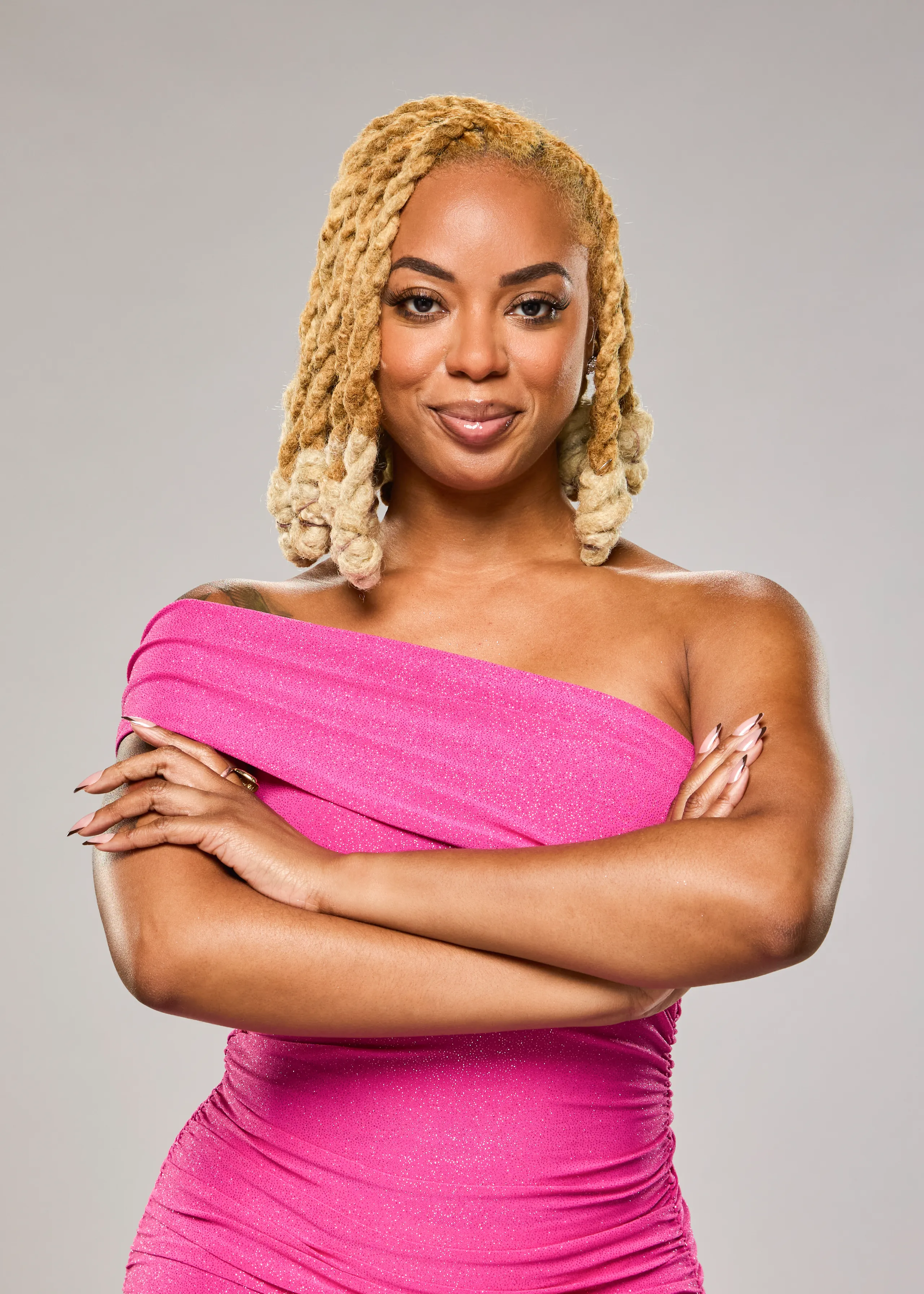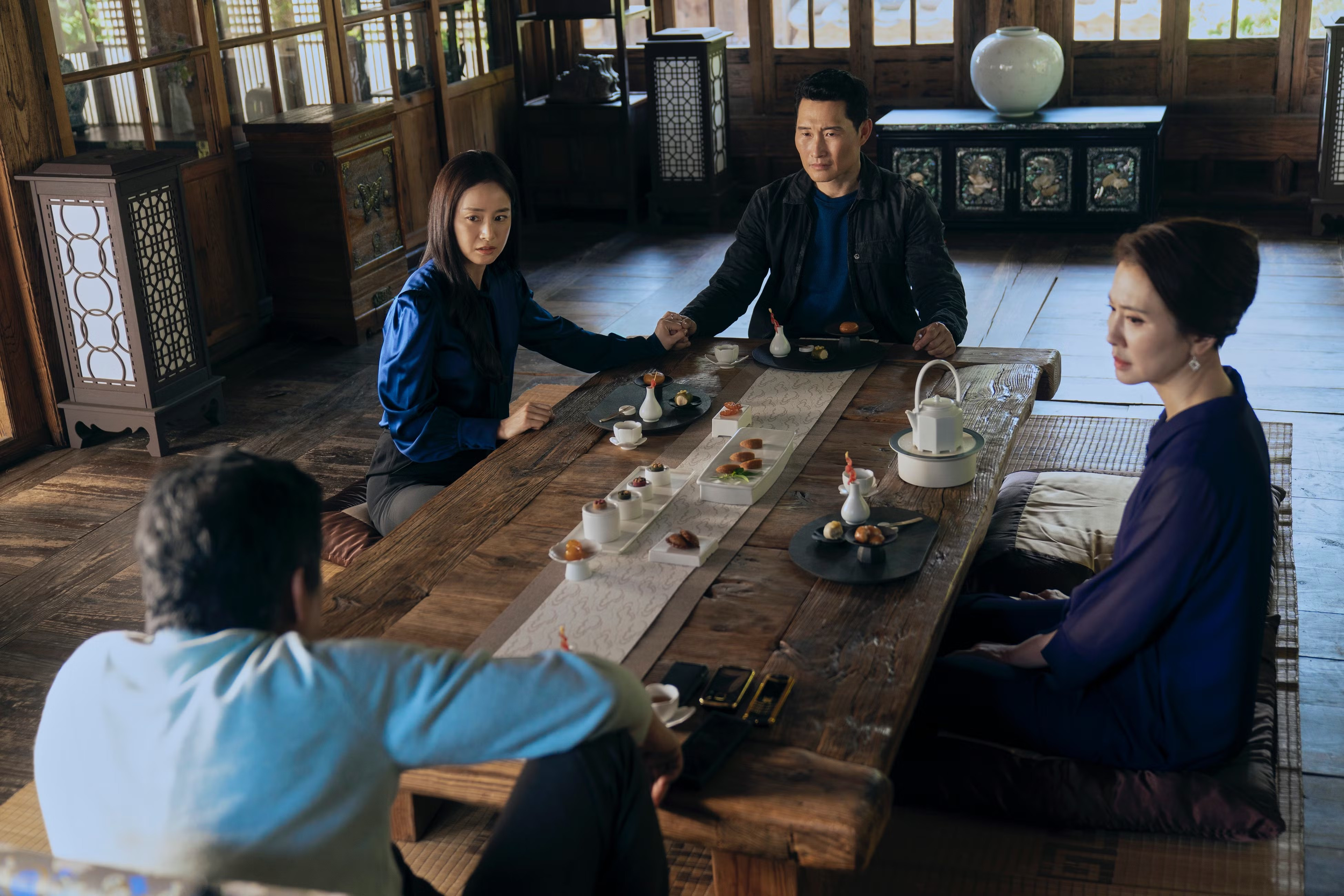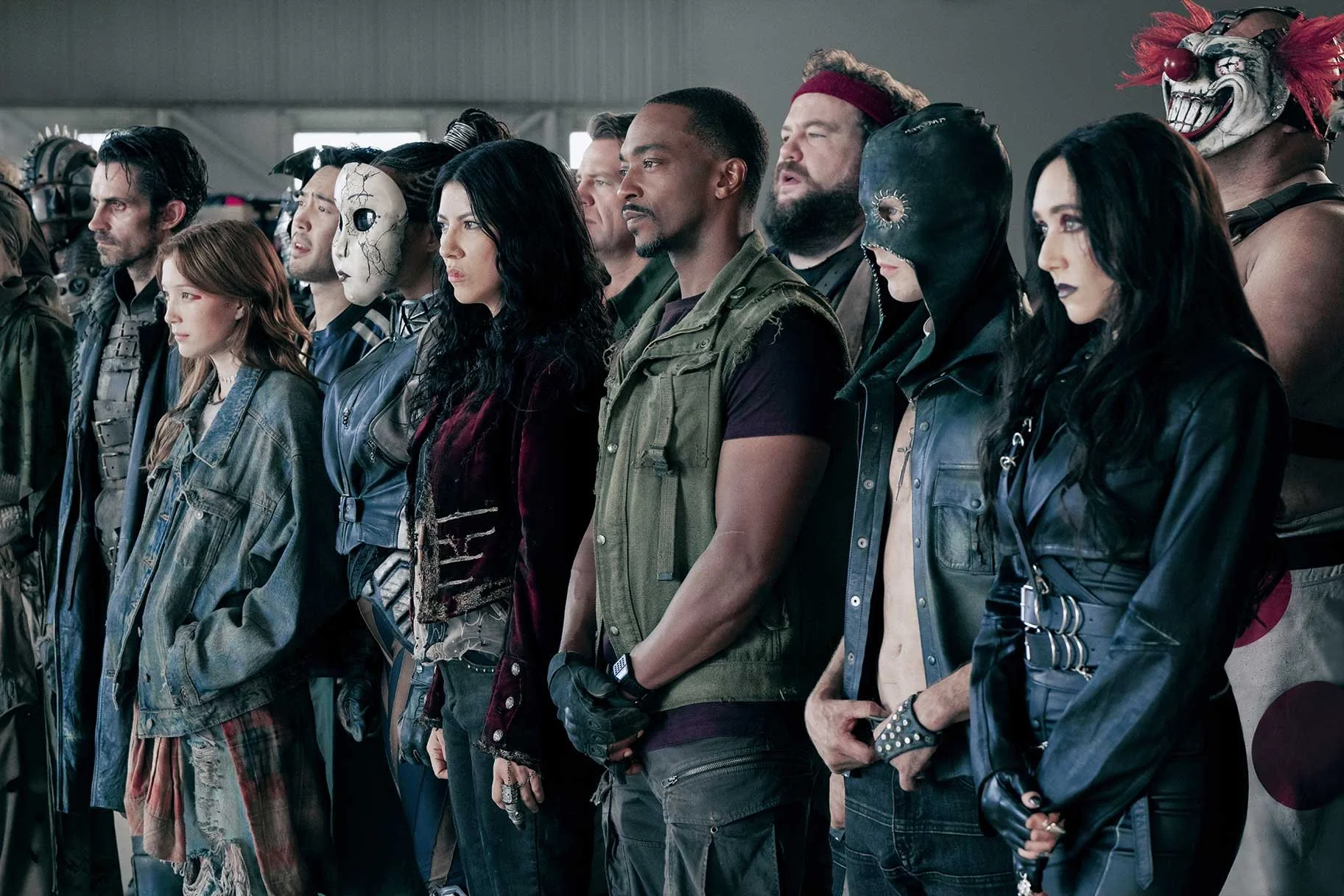How Mickey's Behavior Is Casting a Shadow Over Big Brother 27
It’s becoming increasingly hard to ignore: Mickey Lee has pulled Big Brother 27 into a place that feels less like strategic competition and more like mean-spirited playground antics. Strategy is part of the game. Personal attacks, targeted digs, and performative humiliation are not—and yet, they’ve become part of Mickey’s brand this season.
From the moment she yanked the HOH crown from Rylie with a mid-week twist (which is totally part of the game), she’s leaned into chaos as her calling card. But instead of using that momentum for clever moves, she’s genuinely lost the plot.
Isolating Houseguests, Appearance-Shaming, Age Digs, and Bringing Up Family
Mickey’s comments about Rachel have gone far beyond game talk. Feed watchers have flagged her trashing Rachel’s appearance, throwing in age-related barbs, and even dragging family members (so weird) into conversations as a way to isolate her from others. One particularly gross moment even involved Mickey saying she’d love to embarrass Rachel in front of her children. Ick.
The digs about Rachel’s age have struck a nerve with viewers, not only because they’re reductive, but because they seem to be rooted in hate rather than any competitive necessity. Ageism—yes, it’s a real thing, even in a game like Big Brother—isn’t strategy, it’s lazy, unwarranted cruelty. Also, the way she tried to embarrass Ashley in just about every social setting has really rubbed people the wrong way. And rightfully so.
Weaponizing Religion, and Mocking Jimmy's Nomination by Making It Personal
One of the most uncomfortable moments yet came when Mickey and Morgan, instead of discussing Jimmy’s nomination in standard strategic terms, started putting on a voice to the camera—mocking the only openly queer person in the house in a way that felt targeted and loaded. For many viewers, this performative “bit” crossed a line from light teasing into something that played off stereotypes, whether intended or not.
Fans were quick to call out the behavior as tone-deaf and mean-spirited. In a house where tensions are already high, mocking someone’s mannerisms—especially in connection to their identity—reads less as game banter and more as targeted humiliation for live feed watchers. And if we’re being real, trying to weaponize her faith and promoting houseguests to use “faith-based decisions” while exuding so much hatred is not a good look either.
Mickey and Morgan's Failed Jury Strategy Is Still Strangling the Season
As if the personal attacks weren’t enough, Mickey’s (and Morgan’s) entire game seems to revolve around jury control to a suffocating degree—which, in this instance, also applies to Morgan. Every conversation loops back to who’s in jury, whose vote she can influence, and how she can shut out anyone who might vote against her. While jury management is a legitimate part of Big Brother, her fixation on it has become exhausting to watch.
This isn’t subtle endgame planning—it’s an obsession that dictates every eviction, every alliance shift, and every social interaction. The result is a season where natural game fluidity is gone, replaced by a rigid, overbearing campaign to handpick a docile jury. For longtime fans, it’s a turnoff. The beauty of Big Brother lies in unpredictability, but when one player’s tyrant-style grip steers every outcome, it stops feeling like a social experiment and starts feeling like a dictatorship.
The Silence Is Deafening
What makes all of this worse is the lack of pushback. In past seasons (not all of them unfortunately), bold personalities have been checked by equally bold players, keeping the balance between strategic ruthlessness and personal cruelty. But this season, Mickey’s worst behavior has largely gone unchallenged. Whether out of fear of becoming her next target or a misplaced sense of “it’s just the game,” the house is letting it slide. Will, Ava, Ashley, Morgan; the list goes on. Disappointing to say the least.
Let's Talk About It
Big Brother thrives on conflict, alliances, betrayals, and blindsides—but Mickey’s behavior has veered repeatedly into unnecessary territory. When appearance-shaming, age digs, family humiliation, a dash of romantic jealousy, and identity-based mockery become tools of choice, the game loses its balance (looking at you BB15).
Rachel’s iconic star power may weather the storm, but the damage to BB27’s overall energy is already done. The question now isn’t whether Mickey will face consequences in-game—it’s whether the show can pull itself back toward the kind of competitive fire that makes fans root for their favorites, rather than cringe through the live feeds. And maybe it’s time the edit starts to address some of these more personal tactics so the casual viewer gets a full picture of the person Mickey is becoming in the BB27 house.







